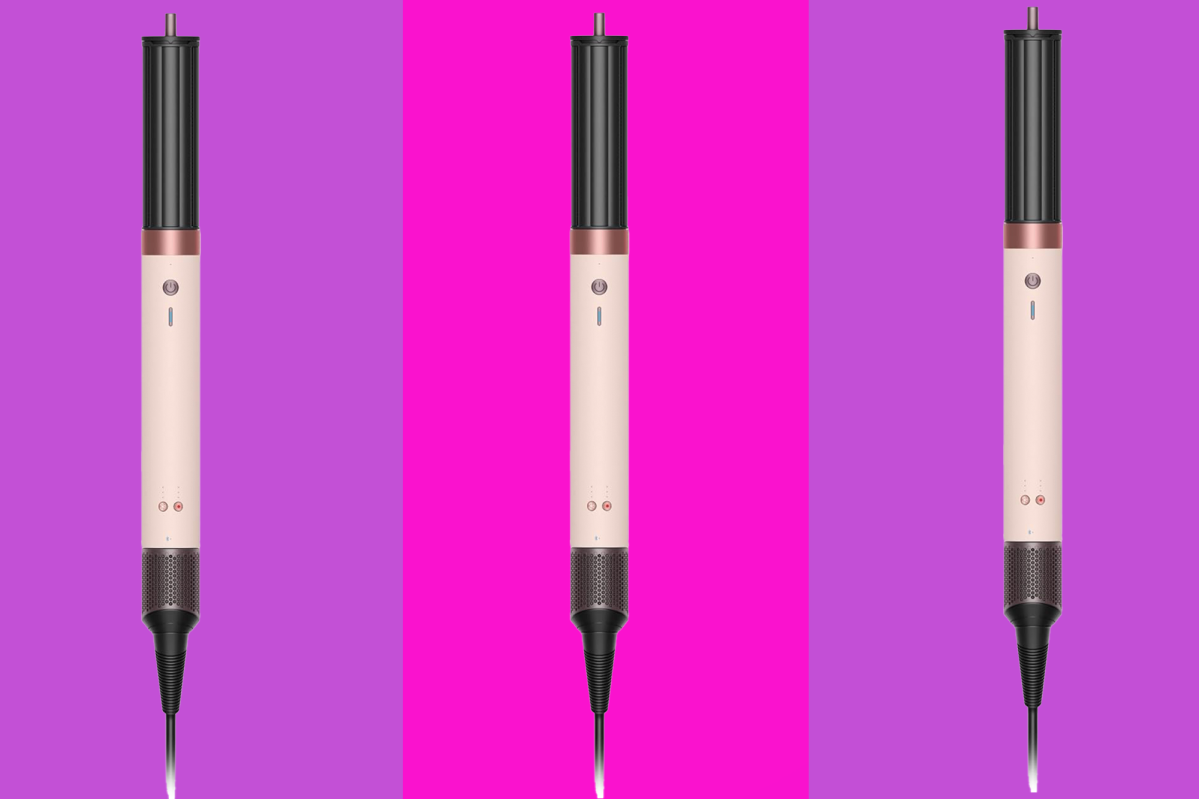Copyright Forbes

In this week’s edition of The Prototype, we look at Jared Issacman’s re-nomination as NASA Administrator, a biotech company revolutionizing the collagen market, patching up a broken heart and more. To get The Prototype in your inbox, sign up here. A lot’s happened this week, so you may have missed that President Trump nominated billionaire Jared Isaacman as NASA administrator. And if that sentence is giving you déjà vu, don’t worry, there’s no glitch in the Matrix. The president tapped Isaacman for the job back in December. One of the administration’s least controversial picks, Isaacman cleared a key Senate committee on a bipartisan vote in May and was supported by astronauts and industry leaders alike. But Trump withdrew the nomination that same month, just before an expected confirmation vote. It’s not clear why the administration changed its mind, but if Isaacman is confirmed by the Senate this time around, big changes may be afoot for NASA. This week, several outlets reported that a 62-page memo titled “Project Athena” was floating around D.C., outlining plans to reform NASA. Isaacman confirmed the document was his in a long social media post, in which he also summarized his thoughts on reforming the space agency. Those reforms include reorganizing NASA to a more decentralized, nimble organization with more empowerment on decision making. Isaacman also emphasized launching more crewed missions and committed to the Artemis program, which aims to establish a permanent presence on the Moon. He also wants the agency to collaborate more with commercial space companies and to expand planetary science with more missions that are individually less expensive compared to multi-billion dollar projects. This plan, Isaacman continued, “was written as a starting place to give NASA, international partners, and the commercial sector the best chance for long-term success. The more I see the imperfections of politics and the lengths people will go, the more I want to serve and be part of the solution.” This $100 Million Biotech Company Is Bringing Collagen Manufacturing To the U.S. Collagen—a protein used for medical applications, cosmetics and protein powder—is a fast-growing market of over $10 billion, and is expected to double by the end of the decade. The U.S. market accounted for around $2.5 billion last year, according to Grand View Research—about 80% of which is imported. Which is ironic, because it’s sourced from cattle hides that often come from the United States in the first place. Kansas City-based Nortian Biotech is looking to change that. It recently secured a $41 million investment round to build its manufacturing operations in the Midwest, valuing the company at $100 million. But the company isn’t just re-inventing the wheel. Conventionally, collagen is extracted from animal hides by treating them with an acid or base solution to remove excess hair and other tissues, then simmering them in hot water for hours. This produces gelatin, a degraded form of collagen that requires additional steps to filter and purify before it can be used. Nortian, by contrast, has its own proprietary process that uses enzymes to extract collagen directly from the hides, without turning it into gelatin first. The result, CEO Andre Albuquerque told me when I visited their headquarters a few weeks ago, is a purer product that’s cheaper to produce. Albuquerque cofounded Nortian with Gabriel Prats and Diego Rolim in 2024. All three are originally from Brazil, where Albuquerque founded a company that first developed the enzymatic process. They decided to build the business directly in the United States because of the size of the market and its demand for higher-quality collagen. The three have bigger plans beyond collagen production, however. Once that part of the business is up and running, they plan to produce other valuable ingredients from animal waste. “The goal is to have a full recycling company using biotechnology to develop the best ingredients for food supplements and the pharmaceutical sector,” Albuquerque told me. DISCOVERY OF THE WEEK: FIXING A BROKEN HEART A stem cell-powered “patch” might one day be able to repair damaged hearts—without open-heart surgery—researchers at the Mayo Clinic reported in a new study. The team used heart tissue that had been grown from reprogrammed stem cells, which can be delivered with a small incision. The technique worked in the lab and is now moving on to larger-scale tests before it’s attempted with humans. If successful, this technique might make it possible to treat patients who would otherwise require implants or even transplants, the researchers said. WHAT ELSE I WROTE THIS WEEK In my other newsletter, InnovationRx, Amy Feldman and I looked at Pfizer and Novo Nordisk’s multi-billion dollar battle over Metsera, the departure of FDA’s top drug regulator, Kimberly-Clark’s $40 billion Kenvue deal and more. SCIENCE AND TECH TIDBITS Blue Origin will launch its New Glenn rocket for the second time in a few days, sending NASA’s Escapade spacecraft to Mars along a never-before used route in order to study the Red Planet’s magnetic field. MIT researchers have developed microscopic, wireless implants that can be injected into the bloodstream and then find their way to the right part of the brain to provide electrical stimulation to treat diseases like Alzheimer’s and cancer. Spanish company Qilimanjaro Quantum Tech opened up a new data center that will host up to 10 quantum computers with different architectures, enabling the company to support thousands of users. PRO SCIENCE TIP: WANT STUDENTS TO DO BETTER AT SCHOOL? DON’T BAN BOOKS The last few years have seen unprecedented numbers of book bans in American schools, according to PEN America. That could impact student performance, according to a new paper from Danielle Dennis, dean of the University of Rhode Island Feinstein College of Education. That’s because one of the best predictors of educational performance is how much kids read. But book bans set off a chain reaction that reduces reading volume—not only is there reduced access to certain materials, but a climate of censorship also leads to librarians being less likely to recommend books and teachers being less likely to promote discussions of books. All of these factors impact how much kids read—and therefore, how well they do at school. WHAT’S ENTERTAINING ME THIS WEEK I’ve been enjoying the show High Potential, currently on ABC and streaming on Hulu. The series follows Morgan Gillory, whose high intelligence makes her gifted in a lot of ways, but causes her to struggle to hold down a job. She’s a single mom working as a cleaning woman when she inadvertently finds herself a consultant for the local police, as her intuition and obsession with solving puzzles makes her a natural crime solver. It’s a fun, breezy procedural in the vein of the old USA shows like Psych and Monk. Kaitlin Olson is terrific in the lead role, supported by great character actors like Daniel Sunjata and Judy Reyes. MORE FROM FORBES ForbesWhy Sam Altman Won’t Be On The Hook For OpenAI’s Massive Spending SpreeForbesAmerica’s Most Successful Small-Caps: The Little-Known Companies Powering The AI Revolution



